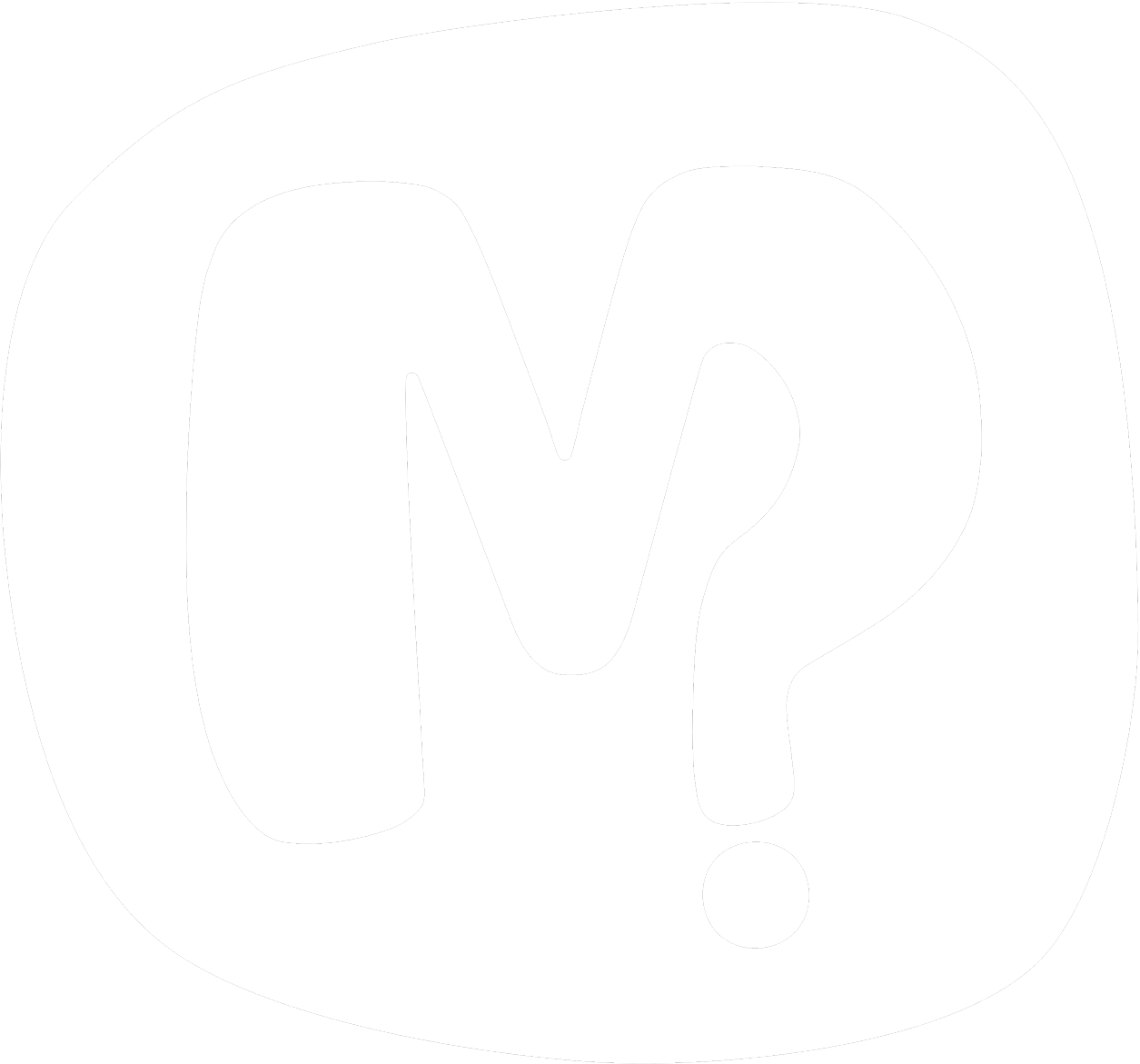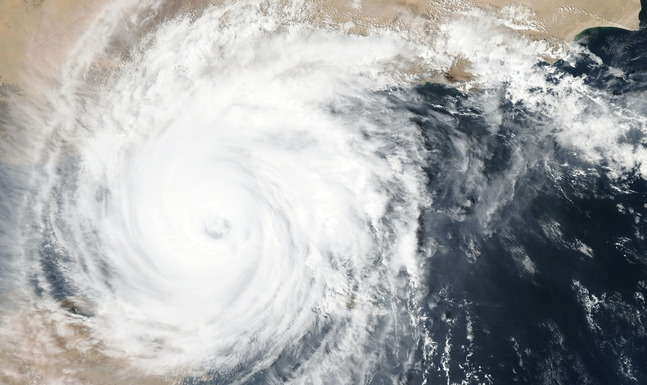Natural Disasters
Rationale
By learning about natural disasters in the past, we can build disaster resilience within our communities and prepare for future natural disasters.
Big Question
What can we learn from past natural disasters?
Guiding Question/s
- How can we inspire others to prepare for a natural disaster?
- How can we persuade others to prepare for a natural disaster?
Essential Questions
- How and why do bushfires, floods, cyclones, or droughts occur?
- How can we be best prepared for a bushfire, flood, cyclone, or drought?
- What can we learn from the land management practices of the First Peoples of Australia?
- How can we live in balance with the natural world?
- What are some of the impacts of bushfires, floods, cyclones, or drought?
- How can we look after and support people and animals in the event of a natural disaster?
Future Action
Students will have developed a range of strategies to help them stay safe before, during, and after natural disasters. They will be better equipped to empathise with, and support others who have been impacted by natural disasters. Students will have a greater understanding of global issues such as climate change and sustainability and how these apply to their local context.
Immersion Phase
Immersion
Your students will participate in immersion experience/s and record their ideas and questions.
Your students will participate in immersion experience/s and record their ideas and questions.
Launch Phase
Questions
Your students will develop questions to add to the classroom Wonder Wall.
Your students will develop questions to add to the classroom Wonder Wall.
Research Plan
Your students will form into their Investigation groups, select questions, and develop a plan for their research.
Your students will form into their Investigation groups, select questions, and develop a plan for their research.
Research Phase
Research
Your students will set research goals, conduct and record their research, and reflect at the end of the session.
Your students will set research goals, conduct and record their research, and reflect at the end of the session.
Synthesis Phase
Findings
Your students will share and summarise their research findings and present what they have learnt with the rest of the class.
Your students will share and summarise their research findings and present what they have learnt with the rest of the class.
Assessment
You will conduct a conference with each student to assess their understanding of the content they have learnt during their research.
You will conduct a conference with each student to assess their understanding of the content they have learnt during their research.
Collaboration Phase
Product Plan
Your students will select product/s to create in response to the guiding question of this investigation.
Your students will select product/s to create in response to the guiding question of this investigation.
Product Creation
Your students will work in their Investigation Group to create their product/s and reflect on their role during this session.
Your students will work in their Investigation Group to create their product/s and reflect on their role during this session.
Exhibition Phase
Exhibition Preparation
Your students will prepare their product/s for the exhibition.
Your students will prepare their product/s for the exhibition.
Exhibition
Your students will share their product/s at the exhibition and collect feedback from exhibition attendees.
Your students will share their product/s at the exhibition and collect feedback from exhibition attendees.
Evaluation Phase
Feedback
Your students will analyse feedback they received from the attendees of the exhibition, conduct self-assessment using rubrics, and reflect on social skills.
Your students will analyse feedback they received from the attendees of the exhibition, conduct self-assessment using rubrics, and reflect on social skills.
Future Action
Your students will reflect on what they have learnt during this investigation, consider the Habits they have practised, and revisit questions on the Wonder Wall.
Your students will reflect on what they have learnt during this investigation, consider the Habits they have practised, and revisit questions on the Wonder Wall.


